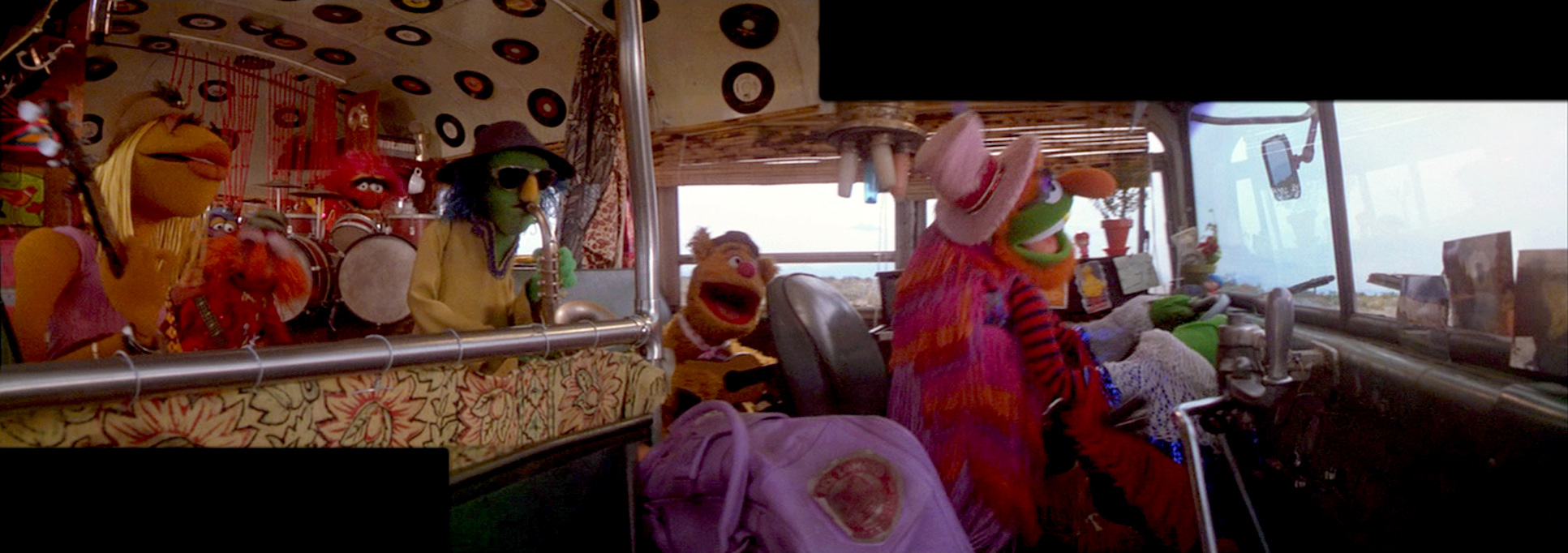Bah, I’m beat. Lots of non-DH-y admin duties ate up the second half of my day, and I still have a bunch of student work to look over and a PhD thesis to review. This is pretty cool, though:

The idea for the DHBus started as a joke. Devon Elliot had asked me if I had thought of driving from London to Lincoln, Nebraska for the DH 2013 conference that we were both hoping to attend, in order to save the money that the flights would cost us. Chatting on Gmail, we looked up the distance (1460 km) and the approximate time it would take (13 hours 47 minutes) and decided that, if we could get a couple more people to share the cost of gas and hotels, it would be worth it. As we were thinking about who to invite, I mentioned to Devon that I would love to have a bus to fill up with people along the way to Nebraska, and he (jokingly) encouraged me, saying it would be a good addition to my research project, DiggingDH.
Well, let’s just say I don’t need a lot of encouragement when it comes to crazy ideas. On March 8th, Western held the Technology in Education Symposium, and I spent some of my afternoon chatting to Ryan Hunt and Beth Compton, who enthusiastically agreed that the DHBus needed to happen – and that they were willing to help out. Devon showed up later that day, bemused at my attempts to make the bus a reality, but also willing to help if we could all get to Nebraska. So, Ryan and I started looking into renting a bus – cost of which was about $9000 plus an additional driver for the week. Then Ryan mentioned that buying a bus was actually quite a bit cheaper…
So, we met and thought things through, or at least started to. We thought it would be great to purchase a bus (a 16 seater), find a driver (or get ourselves new licenses), get to Nebraska for DH 2013 and do some hacking/making along the way. As Devon has said to me since, we will be testing the idea that DH really can be ‘placeless’ – that creativity and collaboration can make things happen regardless of space and place. However, the big question was, what were we going to do with a bus, once we returned to London? We contemplated donating the bus to someone (by this point we had worked out that we were going to attempt to crowdsource the funds for this project, more about that later today) and wanted the bus to go ‘to the greater good’ – not simply be a vehicle for getting us to a conference. Then we thought, perhaps we could do something a little more ‘DH-y’, and we came up with the idea of making a mobile maker-space for the London community!
The instigators of this ridiculous, cool idea would appear to be Kim Martin and Devon Elliott, two terrific and tireless grad students here at Western. Actually riding from Ontario to Nebraska in a second-hand bus filled with gizmos and self-fabricating repraps? Well, it’s not for me, but it’s one of the better crazed ideas I’ve heard in a while.



